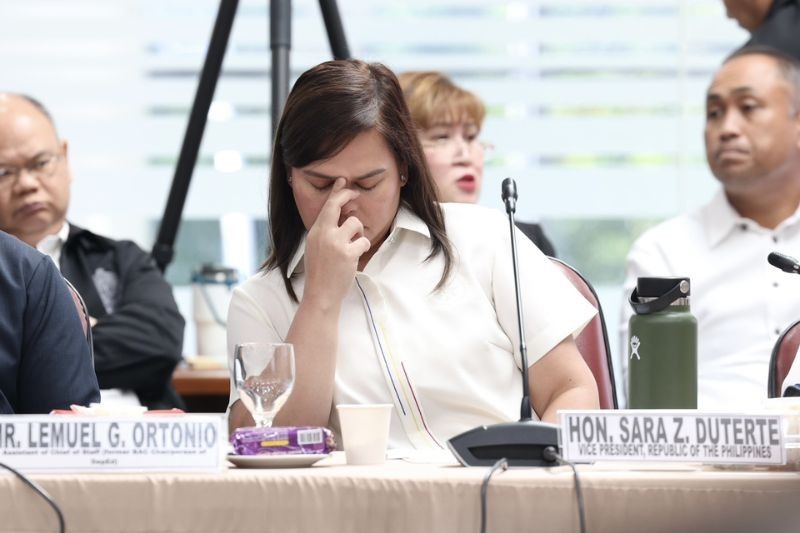As the impeachment process plays out, Sara Duterte is abandoned by her allies in Congress
After the vote in the House, the Senate will rule only in June, after the midterm elections. Several representatives from the Duterte family’s stronghold of Mindanao voted in favour of impeaching Duterte, a sign of her waning political influence.
Manila (AsiaNews) – Yesterday’s impeachment by the Philippine Congress of Vice President Sara Duterte opens a new chapter in the country’s tense political history a few months before the midterm elections on 12 May.
The House of Representatives approved the charges against Duterte for misusing public funds while vice president and education minister, amassing unexplained wealth, and threatening the lives of President Ferdinand Marcos Jr, the first lady and the speaker of the lower house.
Despite her firm denials, 205 out of 306 representatives voted in favour of impeachment, including several members from Mindanao, the Duterte clan’s stronghold.
More than 40 lawmakers from the southern island agreed to the impeachment, a sign of a sharp decline in the influence of the Duterte political dynasty.
Now the motion goes to the 24-member Senate who will act as jurors. A conviction will require a two-thirds majority, a threshold that seems not within reach since most senators are less hostile to the vice president.
Senate President Chiz Escudero declared, in fact, that he will not convene the session during the pre-election break. Nevertheless, the issue is bound to impact midterm elections on 12 May when half of all Senate seats are up for grabs.
If found guilty, Sara Duterte would be the fourth high-ranking political leader to be impeached after President Joseph Estrada in 2000, a former Chief Justice and an ombudsman.
The decision would also represent a blow to the 46-year-old vice president’s relationship with President Ferdinand Marcos Jr, which has been tense since the start of her mandate.
The tensions are not only personal, also reflect a clash between two dynasties with similar methods in exercising power, but with opposing electoral strongholds.
The Dutertes have so far dominated the south, with the city as Davao as their bastion (most representatives from the area opposed the impeachment), while the Marcoses control the north, centred on Ilocos Norte.
The clash also underscores the political ambitions of former President Rodrigo Duterte, who, unable to run for president again, is looking for new strategies to maintain his political role.
The 2028 elections will be a crucial test for the Duterte clan, which will try to secure their position in the polls, despite growing political opposition.
18/06/2022 16:25







.png)










